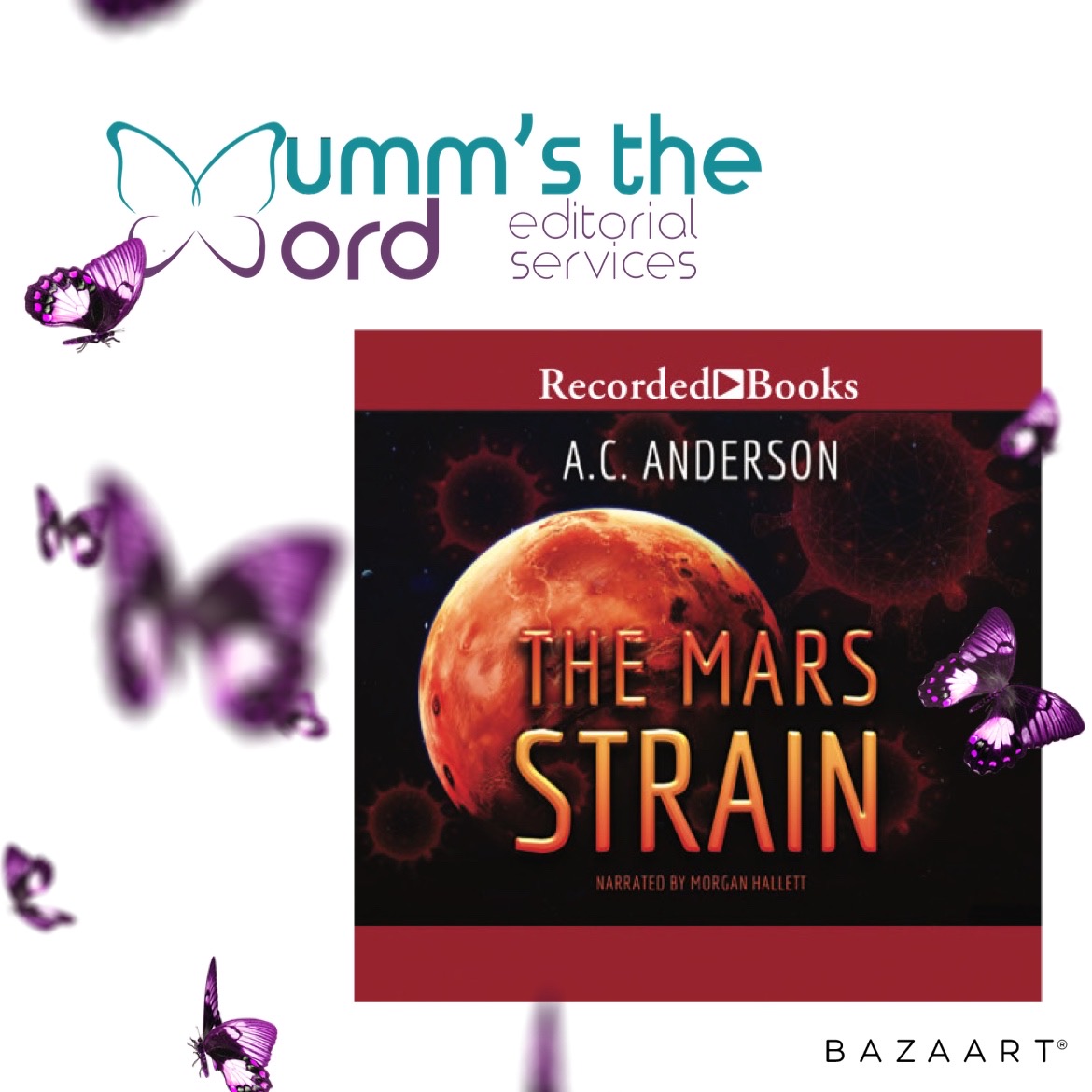You'll hear this advice a lot in the publishing world: Don't Burn Bridges. In case the metaphor escapes you, it means to avoid ending professional relationships in a way leaves a chasm between you that can never be breached.
This is because the publishing world is SMALL. It doesn't feel like it when you're a newbie. It feels really huge, populated by enormous bookstores and libraries, shelved with thousands upon thousands of books. The authors of those books seem to be innumerable, with Jane Austen's novels made in to movies right and left and Molly O'Keefe's showcased in Marvel's Latest.
The people who agent and edit these books, they're names without faces - perhaps with a backdrop of New York City skyscrapers behind them. It doesn't seem possible that this is a relatively tiny microcosm and everybody knows each other.
But they do. They so do.
For example, I know Molly, whose book is being read by Harley Quinn in the newly released
Suicide Squad movie. Molly's my friend - we've had drinks together,
done an anthology together, and she even read one of my drafts and told me why it wasn't working (the mark of a TRUE writer friend!). She has no idea how her book ended up in Harley Quinn's hands during the filming - just that it was in New York and somehow someone handed Margot Robbie *that* romance novel.
Not only is it a much smaller world than one would think, serendipity plays a huge role in it.
I was reflecting yesterday on my fiction-writing career thus far. I saw someone I've known since 2008 - eight years that feel like many more at this point, because she and I have traveled so far since then. We used to be critique partners (CPs) and were shopping our first novels at the same time. We had a brothers-in-arms type friendship. (I really wish there was a female metaphor for this. Sisters-in-short-skirts?) She went on to found her own publishing house. We haven't had a conversation in something like seven years, but yesterday we were at a writers event together.
It's a really small community, people. You're going to run into the same people over and over again.
Recently on an author loop, I saw someone asking for advice on firing her agent. I advised a personal conversation. It's not easy - confrontation of any sort never is - but it's like breaking up. Some relationships demand that level of in-person respect. I was the lone voice, however. Everyone else spoke up and said to send a certified letter.
Now, most agency contracts specify that - that the relationship should be dissolved in writing. But I *strongly* believe this should happen AFTER the personal conversation. Let me tell you why.
I was at a conference with my agent and a well-known author had just fired her agent, via certified letter. My agent's best friend worked at the same agency as the fired agent, who was someone I also knew and had had drinks with. The fired agent was devastated. She'd had no idea anything was wrong. Imagine thinking your marriage is fine and getting divorce papers in the mail. As a result, ALL the agents were upset. The author's name was on all their lips that week, and not in the best light. Another story that an agent friend told me. An author was deciding between several agents. She asked my friend for an example letter she could send to decline representation. My friend, under the impression that this author planned to sign with
her, happily provided the letter. Which the author then turned around and mailed to her, via certified letter.
Can you see how this leaves a bad taste in people's mouths? First of all, it's unnecessarily callous to people who ARE human beings and whose feelings can be hurt in the same way as anyone. Also, it creates a reputation.
I've heard it said that being an author who works successfully in the industry requires three things: 1) excellent work, 2) ability to meet deadlines, and 3) being enjoyable to work with. Also, that you can have two of those three qualities and still do well, but not only one.
And, let's face it, we all miss deadlines from time to time.
Sure, I hear you saying, but self-publishing changes all this! Screw New York and working with those people! And, yes, one of the authors I mentioned is going to self-publishing and more power to her. I hope she does fantastically well. I consider her a friend and I love her books.
The thing is, it's a small community, and when we burn a bridge, everyone nearby feels the heat and chokes on the smoke. And there's no reason to do it. Every once in a while, a relationship goes up in flames and all you can do is try to escape with your skin intact. But, if you can help it, do your best to cut that cord with cordiality. The industry constantly changes and you never know when that person might walk into your life again.
When you run into them years later, you'll be glad you did.
Besides, it's the human way to behave.










